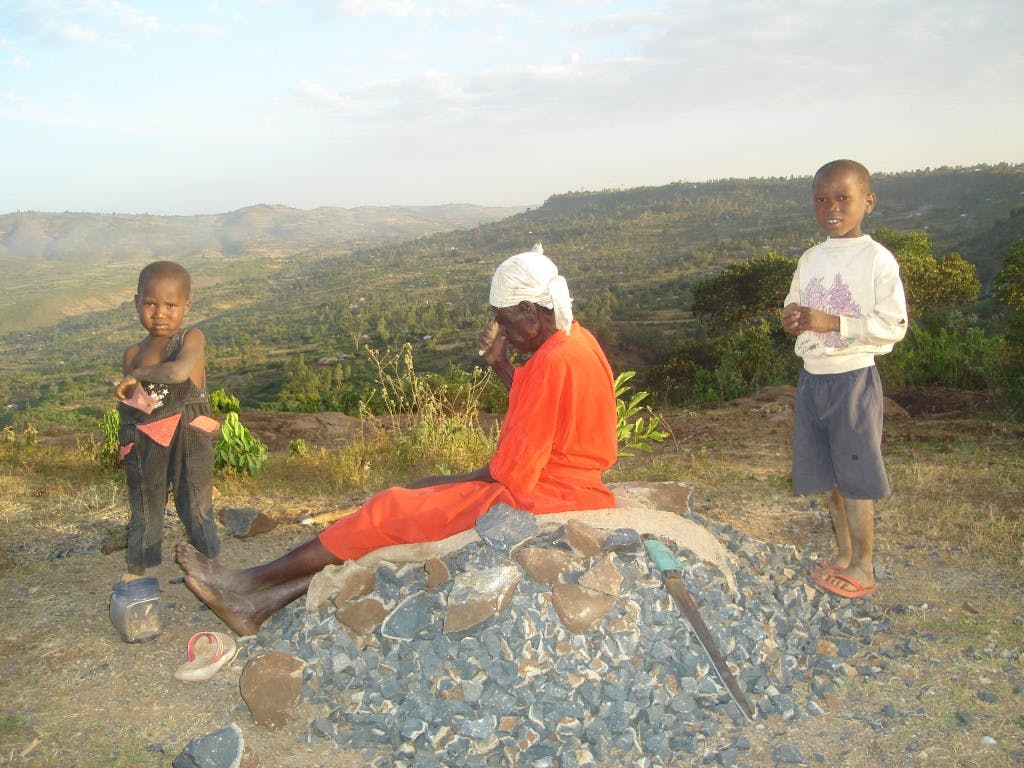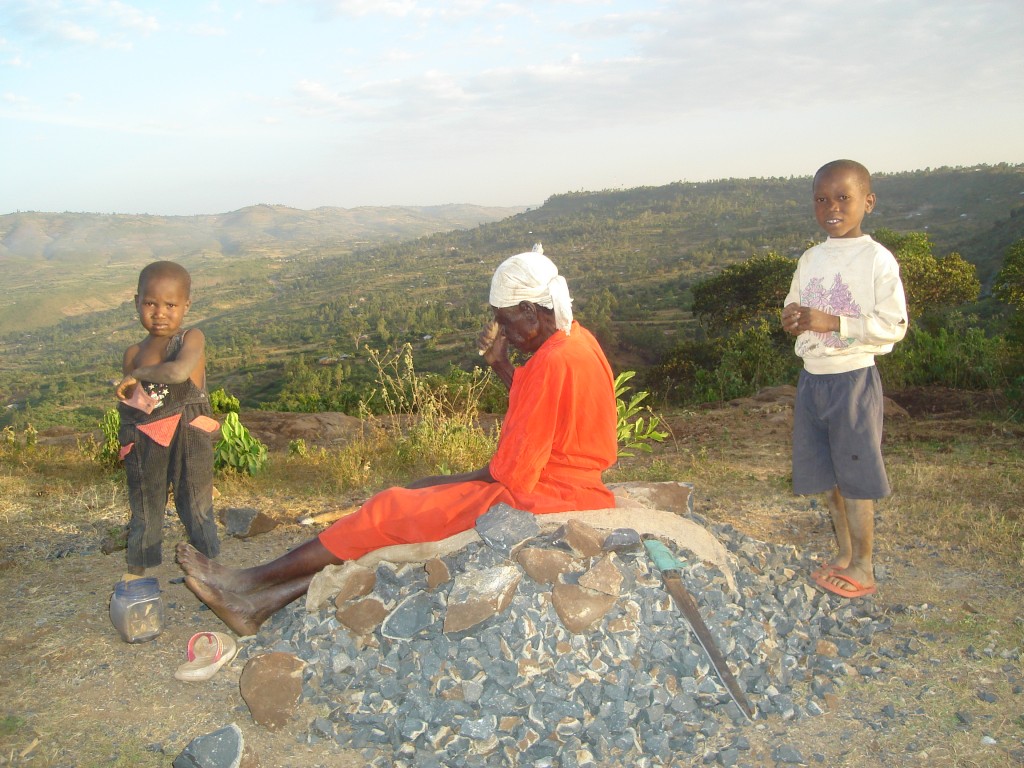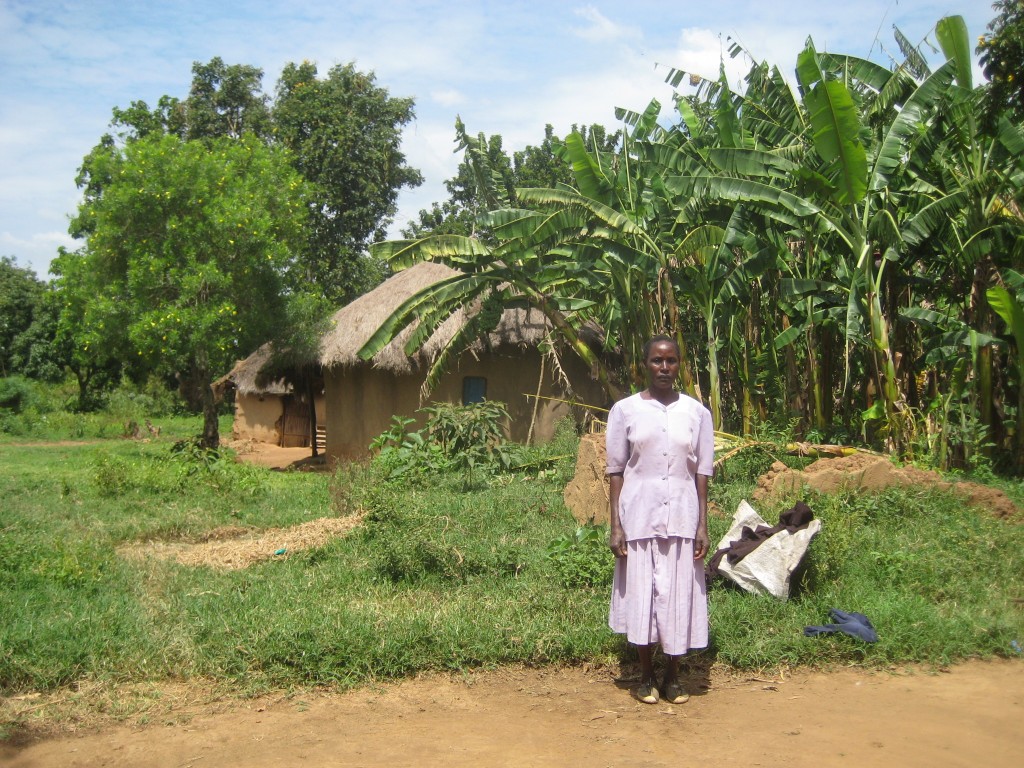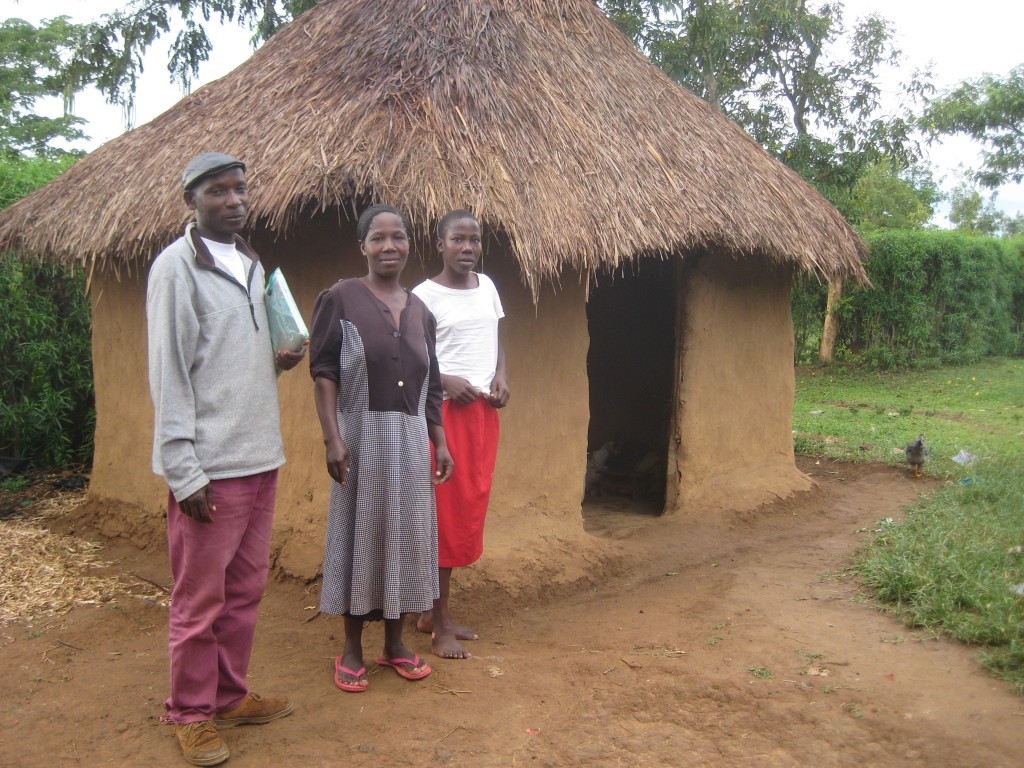TECHNOLOGY COMES A BIG MOTIVATOR - CASE STORY
Jan 21, 2015
First story




Poverty and economic deprivation of women
In Kenya, customarily women do not own property or the land, which causes them economic hardship and places them in positions of dependence, this according Training report on gender and women rights for female paralegals in Siaya May 2010. Yet Article 15 of the Convention on the Elimination of All Forms of Discrimination Against Women (CEDAW) requires States Parties to accord to women equality with men before the law see www.ohchr.org. Although international human rights standards guarantee equal access of males and females to property, according to customary practices in Kenya women do not inherit property from their parents or husbands as property ownership generally follows a male lineage. In some communities, when a man dies, his relatives disinherit his widow and children, leaving them without property or means to sustain themselves. In Kenya, there have been cases brought to court see more on
www.kenyalaw.org by widows trying to reclaim property from their husband's family, but in some instances they have been unable to prove that they were legally married and therefore have a legal right to the property. In many cases it is reported that women, and their children, have found themselves homeless see www.Kenyalaw.org, cases view/98800.
Retrogressive customary practices
Forced marriage is customary in some Kenyan communities, contravening Article 16 of the CEDAW www.ohchr.org which guarantees, on the basis of equality of men and women, the same right to freely choose a spouse and to enter into marriage only with free and full consent. On the death of her husband, a woman is ''inherited'' by his brother or close relative. The woman's consent to this new marriage or to sexual relations with her new ''husband'' is not sought. The community uses the custom to further discriminate against women and entrench their secondary position in society. Revealed by Friendly Integrated Development Initiatives in Poverty Alleviation (FIDIPA) follow-up visits https://www.youtube.com/watch?v=DspmileVcIg&feature=youtu.be.
For many women who are forced into a new marriage there is the added worry of the health risks associated with the marriage. ''Inherited'' women may become infected with HIV and eventually die of AIDS, leaving children orphaned. According to a survey conducted by the Kenyan Population Council in 2001 research reports on www.populationcouncil.org the practice is that should a woman refuse to be inherited, she is considered an outcast and a rebel says 2008 FIDIPA situation analysis report.
After the death of Joyce’s husband, the brother in laws demanded to own her land and leave her with only a small piece for the house. But empowered Joyce demanded her Right to property and inheritance. She took the matter to the chief who summoned the local village leaders to discuss the case. However the culprit was set free after corrupting his way out. Defiant Joyce went to a FIDIPA paralegal that helped her to forward the case to Federation of Women Lawyers (FIDA) see www.fidakenya.org, see further cases on, www.fidakenya.org/wp-contents/uploads/2013/08/women-land-rights-brochure . Joyce case is in the Court of law and the culprit has been denied access to the widow’s land.
The two ladies have refused to be inherited and are following the issue of Title Deed to be changed to their names. This was after sensitization meetings and trainings by the FIDIPA paralegals at community level, (Listen to Audio interview of Widow Joyce speaking in dholuo language and women leader trained as paralegal https://www.youtube.com/watch?v=G74divqVd84&feature=youtu.be
Technology Motivator
These two women in the picture below are not from the same place. They never knew each other before until after information was shared through laptop using showing pictures and the recorded messages played to them. Many women now have phones at community level. As motivation I ask them to also record the relevant part to their phones for remembrance. This has really motivated many particularly the content for change and empowerment.
Pictures are taken and share with a different team to get their views at different levels. This has worked so far and the lady Joyce got motivated when she saw an old lady making ballast to earn a living and taking care of her orphaned grandchildren. When the lady Mary saw the picture, she got motivated and even more after listening to the story of Joyce recorded in a phone (listen to audio clip recorded using a phone). She immediately unpacked her daughters’ bag which was ready to be sent to the city to work as house help. She eventually started banana business. From the follow-up visits we established that her daughter was able to go back to school instead of going to work as house help in the city. Knowledge is power and internet/technology is a big motivator.
In rural places with power fluctuation I download relevant documents and share the information with others now through radio, phone and laptop, some through printed pictures. I find technology as a big motivator to women empowerment. As an Artiste I am privileged to radio short interviews and information sharing I thank local radio station for inviting me.
There is wide spread gender-based violence in Kenya. This not only exposes women to sexually transmitted diseases, but also to the risk of acquiring HIV&AIDS www.nascop.org and www.national aids control council. The high levels of HIV in the population mean that sexual violence against women and children carries a significant risk of transmission of the virus and of subsequent illness and death. From FIDIPA situation analysis report of 2008 in Siaya County see also www.populationcouncil.org. We have a challenge of camera and hiring for report remains a concern. It is our prayer and hope that we get a good camera for still pictures and video that we can operate ourselves and share pictures through our website to reach out to more people to be also motivated.
Challenge: Internet services location, cost and way forward
1.1 location and management:
Most cyber places are located in village shopping centers and managed by mostly youth. If community members are mobilized on the importance of having resource centers and asked to participate in building the centers they will own it and maintain it. There are young talented bright married women who do not wish to comingle with youth at cyber and therefore shy off. If community are properly mobilized, and trained on the importance of computer and internet communication they can pioneer in the participation and management of internet services at local level. Generally women would feel free to associate with fellow women as oppose to youth instructing them since some of them see the male youth as different gender and fear being mistaken for misbehavior with youth. If young women trained on computer are recognized and awarded with management of cyber, will improve access and management to women digital empowerment.
1.2 Internet cost:
The cost of internet connection is not favorable to common women, who consider basic needs as their priority. It would be important if concerted efforts including government line ministries negotiate with internet service providers to make it affordable and accessible. Start up awards to enable women initiate income generation projects to facilitate income for family and phone consumption. Efforts to have cheap phones with internet connection can motivate people to browsing especially after empowerment meetings at the resource centre.
The other motivation would be to make the centre a place where the women gather information, be it a place where they share on different agendas/topics like relationships, nutrition, beauty, Human Right, women, children’s Rights, communication, development, spiritual empowerment, marital issues among others.
It would be important and spicing to invite different speakers on different topics including their leaders and other international guests. Besides it can serve as business centre where they also sell their products, picture and upload online. The women should also be encouraged to form groups and sell their items through the internet. This is my dream of a community with a difference all in one roof. Technology can make a big difference in development agenda as far as women socio-economic issues are concerned.
Peace




